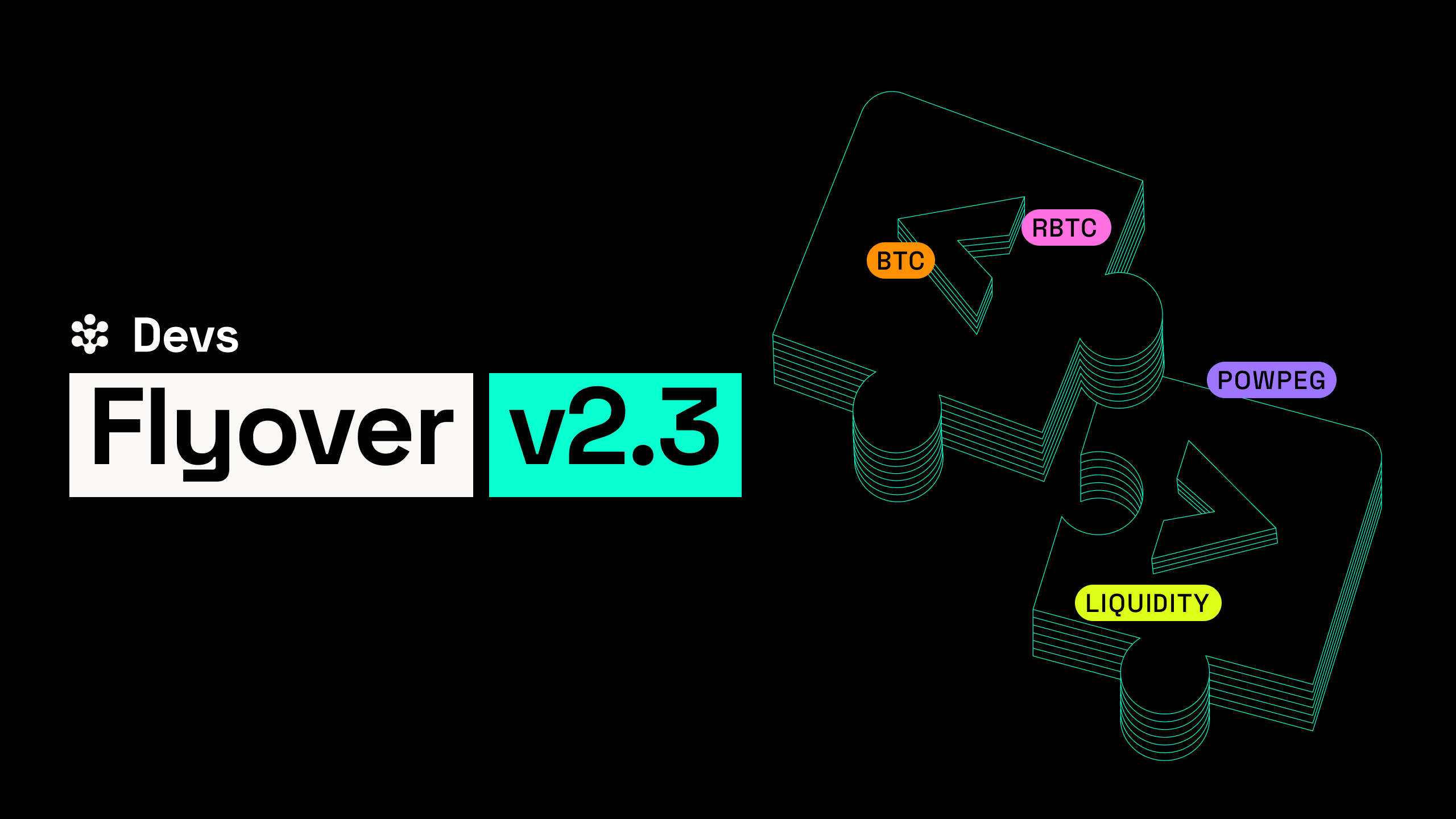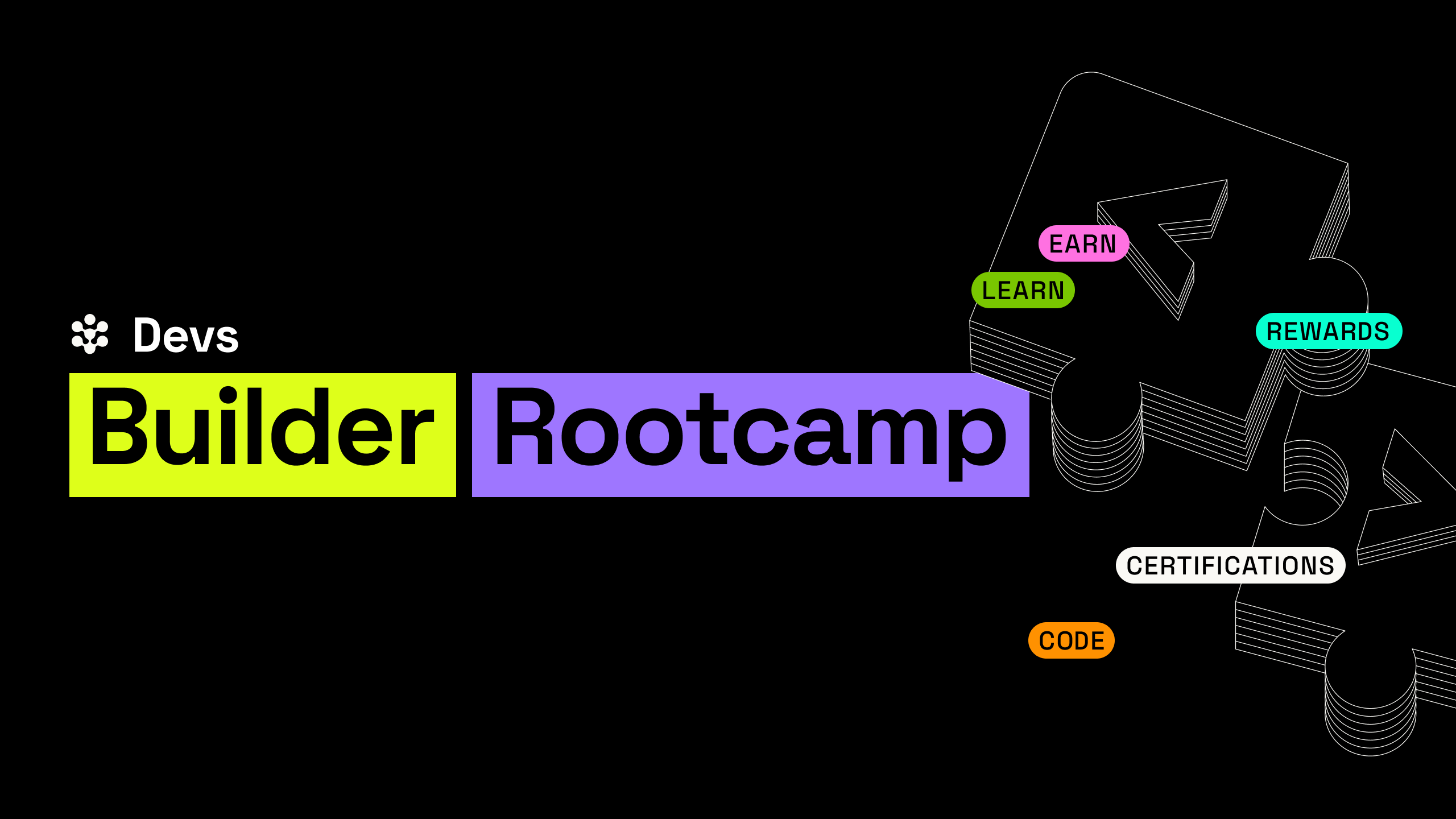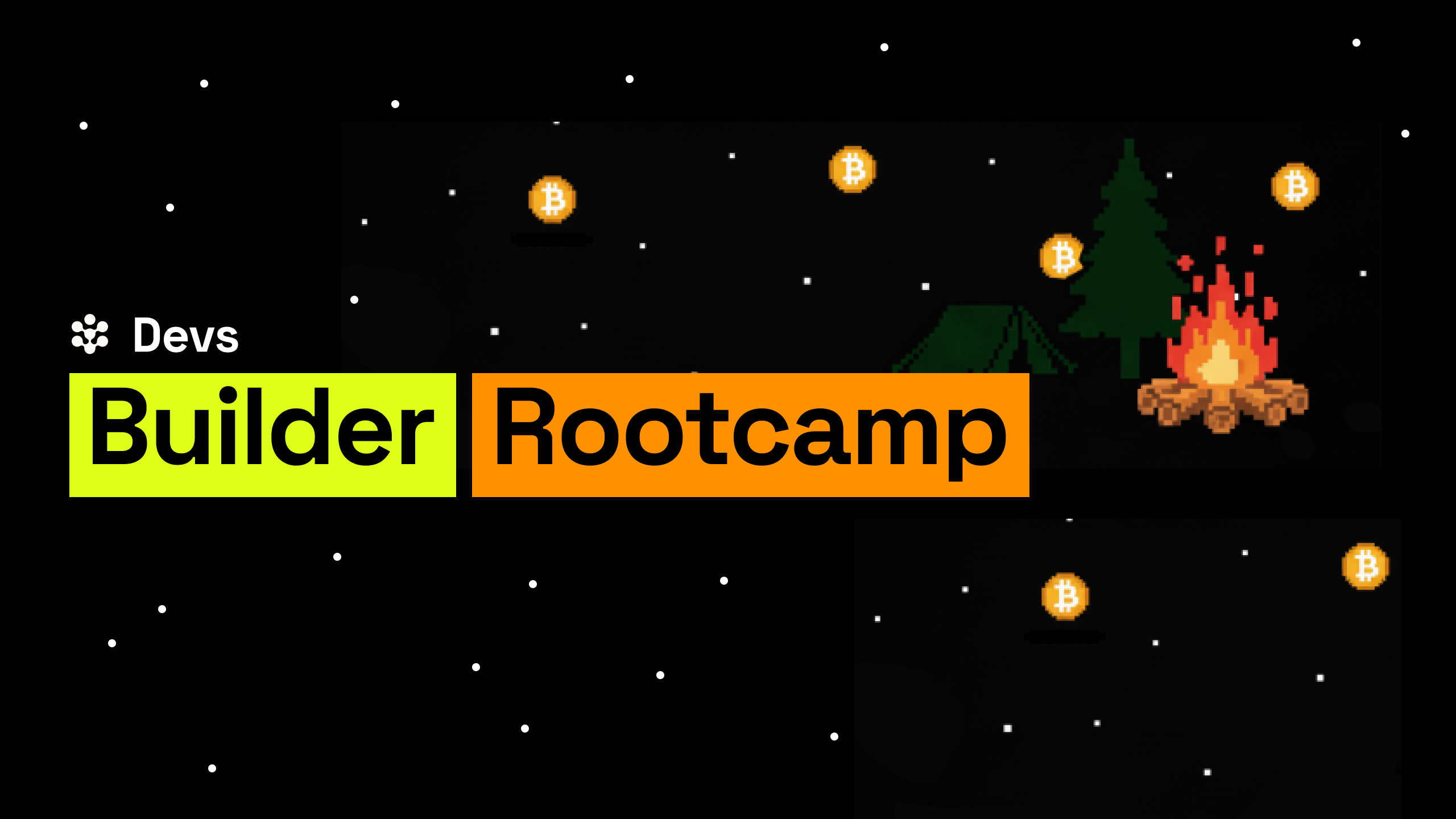On September 29, 2017 during a conference at the Bank of England, Christine Lagarde (IMF’s Managing Director) mentioned the following on her presentation:
“I think it may not be wise to dismiss virtual currencies. Why might citizens hold virtual currencies rather than physical dollars, euros, or sterling? Because it may one day, be easier and safer than obtaining paper bills, especially in remote regions and because virtual currencies could actually become more stable.
I believe that we—as individuals and communities—have the capacity to shape a technological and economic future that works for all. We have a responsibility to make this work.”
Even though many governments, traditional financial institutions and central banks are still quite reluctant when it comes to cryptocurrencies, there’s one evident truth: Blockchain technology is here to stay. So why could governments decide to create and adopt a digital currency as legal tender?
1 – Digital currencies provide higher security for individuals. This aspect is radically important on remote regions or countries with high levels of insecurity. Value that’s allocated on a Blockchain cannot be stolen unless the private keys, the PIN or the seed are known. Contrary to FIAT money, value representation it’s 100% digital with cryptocurrencies.
2 – Billions of people all over the world don’t have access to financial and banking services. A digital currency acting as legal tender would enable governments to include millions of excluded citizens into the financial circuit.
3 – Private Blockchains would enable governments to centralize currency issuance & reduce volatility. These aspects are of paramount importance as they provide a monetary framework where the value of the currency could be directly controlled by central banks.
4 – Digital currencies could eliminate or reduce intermediation costs. By using a centralized digital currency, there would be no need to use typical intermediaries like VISA, Mastercard and alikes. Citizens would probably be cutting down costs from financial services operators, brokers and commercial banks.
5 – Digital currencies would enable governments to compete against popular cryptocurrencies or tokens such as Bitcoin or Ether. By not having a counterpart on the digital sphere, governments would be missing the opportunity to provide an alternative to crypto investors willing to invest in less volatile crypto assets. If we have in consideration that high volatility is one of the biggest barriers for many risk-averse investors, many governments could capitalize on this huge opportunity.
So as we can clearly see, there are many reasons why governments could decide to experiment with a centralized digital currency acting as legal tender. Decentralization and privacy could be drastically reduced on the context of a centralized digital currency. Cash is private but a CDC (Centralized Digital Currency), acting as the only accepted method of payment on a country, could generate a lot of controversy on many societies.
Countries like Estonia, Israel, Canada & The Marshall Islands to mention a few are experimenting the benefits of Blockchain technology. Time will let us know if some implementations are no longer experimentation and become a daily reality.


